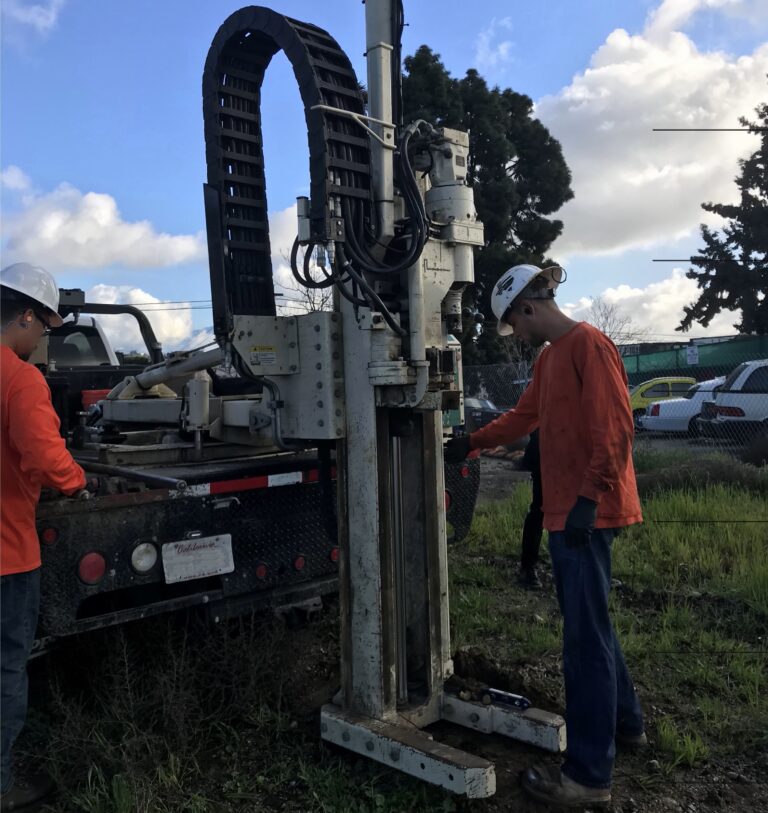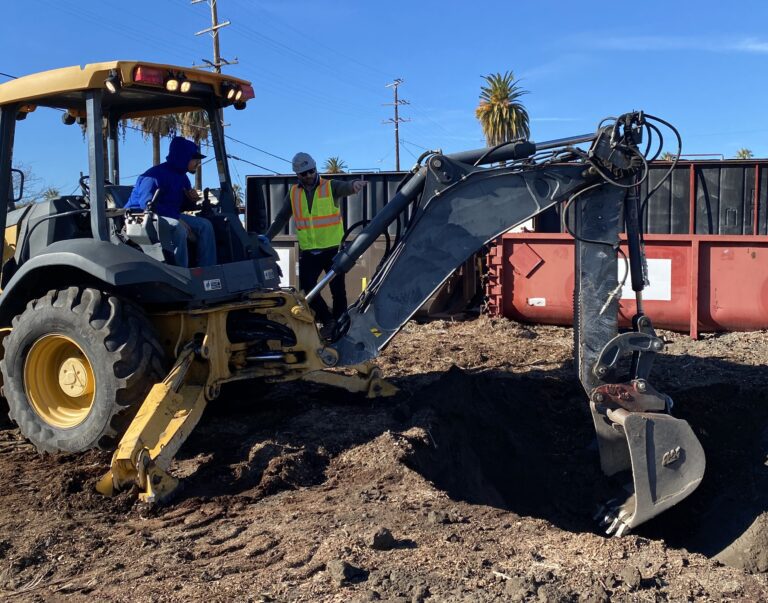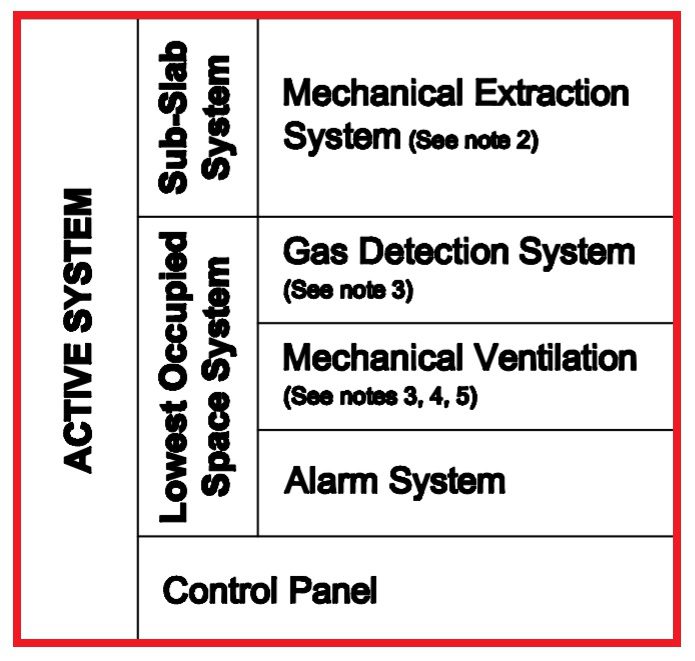Vapor Intrusion
Vapor Intrusion occurs when harmful soil contamination changes phase from liquid to vapor underground and moves upward through geologic layers and building foundations, accumulating within indoor air.
Vapor Intrusion occurs when harmful soil contamination changes phase from liquid to vapor underground and moves upward through geologic layers and building foundations, accumulating within indoor air.

LADBS Methane Soil Test Cost & Price An LADBS Methane Soil Test varies depending on property conditions and development plans. A methane test price ranges between $2,300 and $7,000. Updated January 17, 2024. Site-Specific Scope of Work Site-specific details and plans can change the scope of work and LADBS Methane Soil Test cost. Thus, a…

Darcy’s Law In the field of geology, Darcy’s Law is the universal and basic equation representing groundwater flow through a study area. Darcy’s Law Formula Q = KiA The following variables and coefficients apply to this formula: “K” = Hydraulic Conductivity; “Q” = Discharge Rate; “A” = Area of Cross-Section that Water Flows;

Environmental Professional Definition Environmental Professional: As per the EPA’s All Appropriate Inquiries Rule, an environmental professional is an environmental consultant that has an accredited education in earth or natural science, at least five years of formal training under another environmental professional, a professional state license, and maintains expert knowledge in the environmental geology, sustainability, and…

What is a Concrete Slab and Buttress Dam? A Concrete Slab and Buttress Dam is a freshwater-retaining structure comprising reinforced concrete slabs that are supported in-place by buttresses. The foundation of a Concrete Slab and Buttress Dam receives a large load. Thus, the foundation must be structurally sound, impervious, and competent. The alternative types of dams…

Active Methane Mitigation Active Methane Mitigation: Active systems refer to the mechanical and electrical components of a methane mitigation system. In fact, the definition of an Active System is available in Methane Code (Ordinance No. 175790). This is a publication by the Los Angeles Department of Building and Safety (LADBS). Moreover, further descriptions of an…

Troposphere Troposphere: The troposphere of a terrestrial planet is the lowest member of the atmosphere. On Earth, the troposphere starts atop the ground surface and terminates roughly 10 kilometers above mean sea level. In fact, geologists understand that most of the Earth’s water vapor (clouds) exists in the troposphere. And the next member of the…